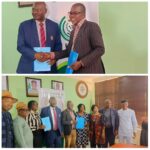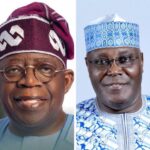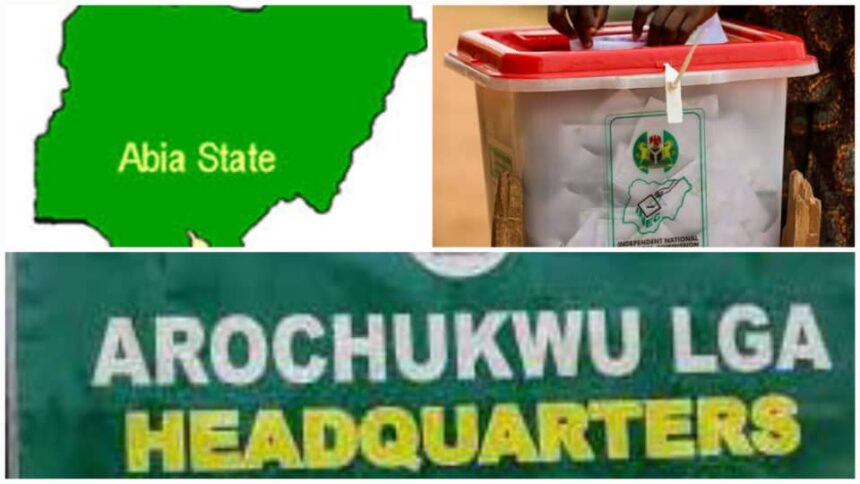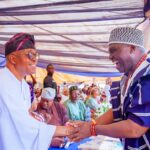By Ekuson Nw’Ogbunka, Abuja
Arochukwu Local Government Area, a historically significant and demographically robust bloc in Abia State, is facing a dire political crisis. As the 2027 general elections approach, stakeholders are sounding the alarm over the deliberate and sustained marginalization of Arochukwu, threatening its very existence as a political force.
Once a powerhouse in Abia’s politics, Arochukwu has been systematically excluded from state and federal power structures, leaving it without representation in the National Assembly, State Executive Council, or significant institutional influence. This glaring absence is stark, given Arochukwu’s substantial population and landmass, accounting for approximately 5% of Abia’s total population.
A Historic Power Bloc in Decline
Arochukwu’s decline is a tale of neglect and deliberate exclusion. The LGA, comprising the Aro, Abam, Ihechiowa, Isu, and Ututu clans, has historically produced leaders of caliber. However, today, it is reduced to token appointments and ceremonial roles, yielding no tangible development or empowerment.
Stakeholders attribute this plight to a well-planned conspiracy, unfair withdrawal of political slots, and chronic exclusion from appointments and projects. The power dynamics in Abia State paint a troubling picture, with Arochukwu conspicuously absent from key positions.²
Structural Disadvantage and Legislative Controversies
Arochukwu’s sole state legislator, Hon. Uchenna Okoro Kalu, has been embroiled in controversies, further eroding trust. The LGA’s legislative representation is woefully inadequate, with only one State Assembly constituency, compared to two each for Ohafia and Bende.
A Call to Action
The Concerned Progressives of Arochukwu and Ohafia warn of a “calculated political extinction attempt,” demanding that political parties prioritize equity and representation. They insist that Arochukwu produces the next House of Representatives member for the Arochukwu/Ohafia Federal Constituency in 2027.
As Abia heads into a pivotal election year, rectifying Arochukwu’s marginalization is crucial for fairness, stability, and unity. The question is: will political parties heed the call?
Recommendations
– Political parties must prioritize equity and representation in Arochukwu.
– The Arochukwu/Ohafia Federal Constituency ticket should be zoned to Arochukwu in 2027.
– Stakeholders must mobilize and resist any party denying Arochukwu its rightful place.
The fate of Arochukwu hangs in the balance. It’s time for political redemption and a chance to correct the imbalance.











